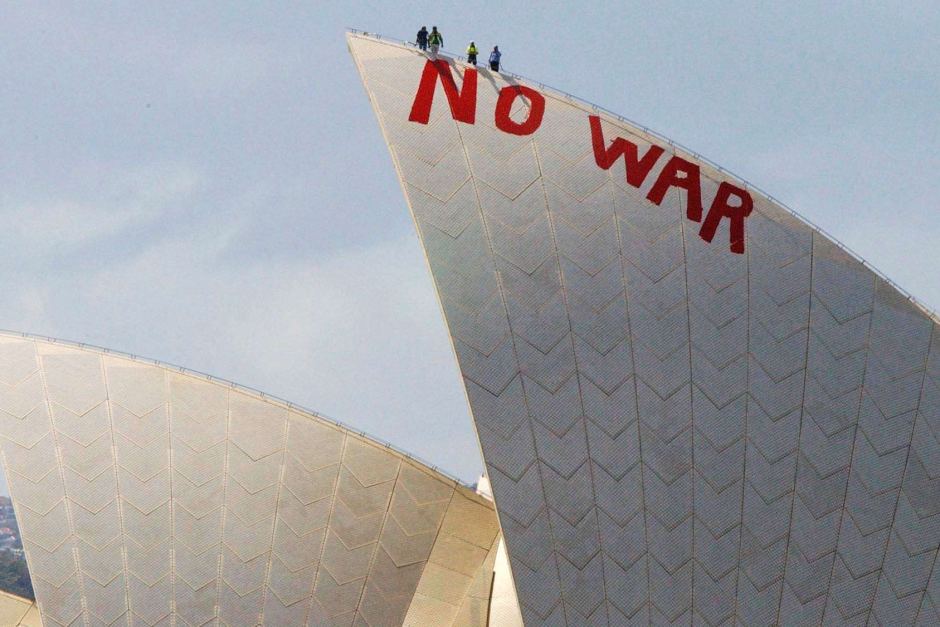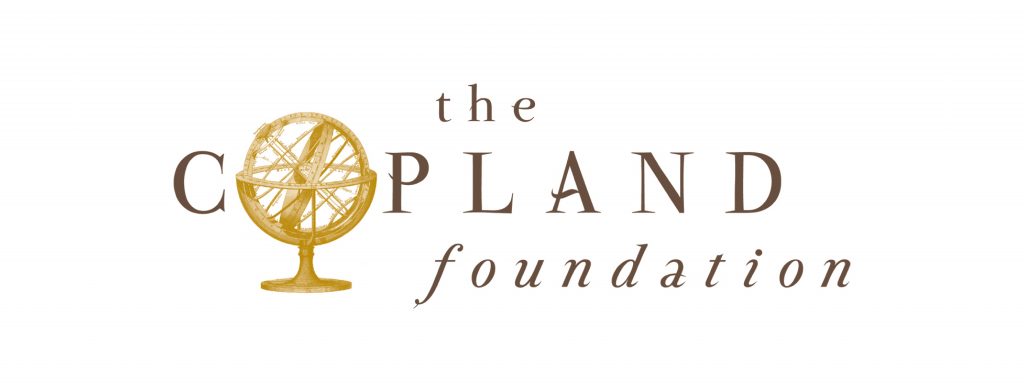Join locally and nationally based community, environmental, anti-war and refugee activists as they discuss diverse approaches to protest and advocacy, and how they navigate the personal against the political.
Panelists include refugee advocate, Sister Diana Santleben; environmentalists Jo Lynch and Charlotte McCabe; Indigenous elder Uncle Bill Smith Wirrigan and ‘NO WAR’ activist David Burgess and facilitated by local historian Ann Hardy.
THIS EVENT IS A FREE EVENT. PLEASE BOOK YOUR FREE TICKET HERE.
FACILITATOR – DR ANN HARDY
Dr Ann Hardy is Historian, Hunter Living Histories Co-ordinator at the University of Newcastle’s Cultural Collections GLAMx Lab. She has a strong commitment to historical and archival research of the Hunter region, collaborating with communities and cultural groups to develop new knowledge. Her key research areas are Newcastle’s ‘Coal River’, Australian ‘asylums’, health and welfare history, and has an interest in the association between cultural heritage and well-being.
PANELISTS
DAVID BURGESS
David Burgess has worked professionally for most of NSW’s NGOs at both activist and policy levels on logging, land clearing, planning issues and coal mining in NSW. Beyond there he has also campaigned on environmental and/or human rights issues in Tasmania, PNG and Bougainville Island, Europe and West Africa. He currently resides adjacent to the Villawood Detention Centre in an area of Sydney known as ‘Little Baghdad’ and likes it very much. As a result of pulling off the world’s most expensive graffiti he is often called an artist but prefers to think of himself as a bullshit artist as long as some really bad people get really pissed off. A lot of the planning that went into the Opera House protest was conducted by quiet conversation while sitting on sandstone cliffs in the Wollombi Valley. That’s why they never saw it coming.
JO LYNCH
Jo Lynch graduated with a Bachelor of Fine Arts from the University in 2016 after leaving high school to pursue study at Hunter TAFE. She quickly became involved in the local art and activism scene, predominantly via a share house and gig space named ‘The Swamp,’ set up by locals who returned from the Leard Forest Blockade. Active contribution to the local grassroots environment and social justice community saw her become a core member of the organising collective for Newcastle’s Students of Sustainability Conference, 2017. She has recently come on board as the Coordinator at the Hunter Community Environment Centre, which sees her working on various campaigns and supporting locals to get involved in environmental initiatives and projects.
SISTER DI SANTLEBAN
Sr Di Santleban assisted with establishing Penola House in Newcastle as part of the Josephite Refugee Support Network, where until 2015 they created a place of welcome, housing, education and legal support as well as new skills development for refugees and their families. In 2015 Sr Di and Sr Betty
started Refugees & Partners and the associated Zaras House in Jesmond. As Cultural Services Mentor she supports volunteers and refugees through R&P and the Hunter Refugee Support Network.
Charlotte McCabe grew up in a rural area of the Mornington Peninsula in Victoria where she developed a strong love for nature. At Melbourne University in the late 90s she began engaging with campaigns and became the Environment Officer with the ‘Bloody Feminists’. She has been involved with various campaigns including uranium, forests and climate.She has explored different avenues of creating change from environmental education at CERES to establishing an organic food shop in Darwin, and working in bi-lingual schools in Arnhem Land. She is currently the community organiser with The Wilderness Society in Newcastle.
WILLIAM EDWARD SMITH (UNCLE BILL)
Uncle Bill has dedicated his life, for the betterment and good will for Indigenous Australians and facilitated greater understanding and awareness of many issues that have disadvantaged Aboriginal people. Bill was a co-founding member of the the Awabakal Co-Op and throughout his career he has shown concern for the rights, recognition and respect of Indigenous people in achieving a freer and a healthier lifestyle in housing, employment, training, land rights, water rights and rights of the sacred and traditional sites. Throughout his life, he been active in seeking social justice and equality for Indigenous Australia’s in both Australia and internationally.








